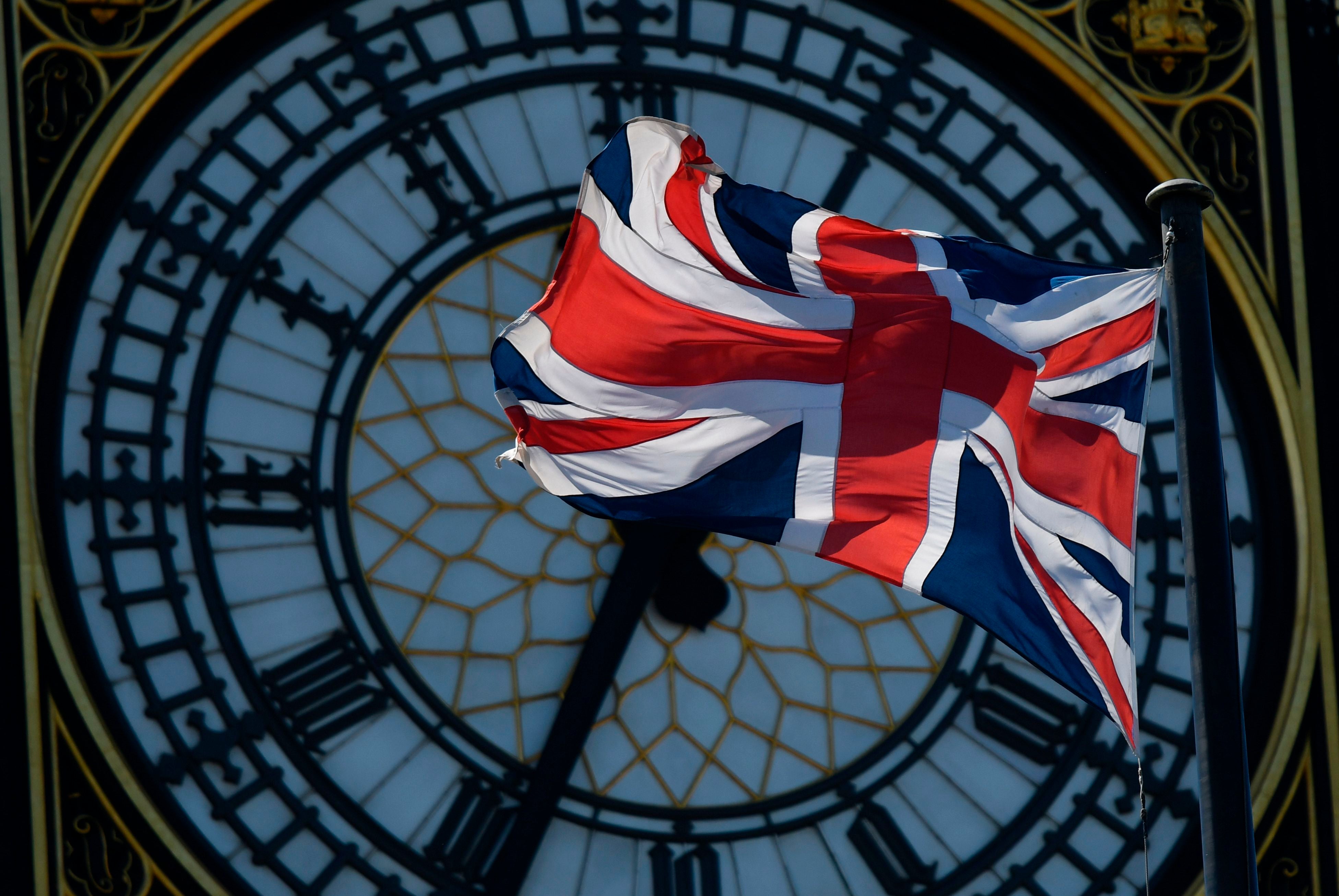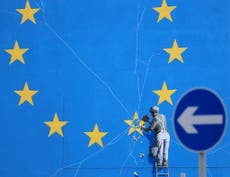I voted for Brexit – but not for this
Sean O’Grady thought that Leave could lead to a better deal for Britain. But, he writes, what we’ve ended up with instead is the worst of all worlds


Back in 2016 I was a very marginal Leave voter. I did think that the Europeans, shocked at the show of dissent from Britain, might offer David Cameron a bit more for his “renegotiation” of Britain’s terms of membership. I was wrong about that. I thought too that, one way or another, there’d be another referendum opportunity, as had happened previously after voters in Ireland, Denmark, the Netherlands and France, which all also voted the “wrong” way. It was standard EU practice to ask people to vote again until they returned with the “correct” answer. Wrong again.
So much for tactics. But there was still a strategic case for the UK doing better outside the EU, for the simple reason that staying in a protectionist bloc – which is what the EU is – is no way to make a future in a globalising world. I was mostly wrong there, as it turns out, though I was quite pleased with my little analogy, at the time. My insight into the EU came to me when I’d been watching the football, you see...
“It is as if in the Euro 2016 football competition every single team had to play the same 4-2-4 formation; was not allowed to spend more than any others on team training; had to have the same limited hours for practice; put the subs on at the same time; and had to have all the teams' managers in one big room to decide what tactics the teams were allowed and not allowed to deploy. It would make for a very silly football tournament – and an even sillier one when there is a World Cup tournament out there that recognises no such niceties.
“So I shall, reluctantly, be voting Leave. Reluctant because a reformed Europe is much the best answer, but successive attempts at this have proved laughably inadequate. Europe cannot change because it is not a democracy: we cannot sack the manager. Unlike its football, political Europe is a failed project, oddly enough, because it never did succeed in creating one super-state...”
A nice conceit, but again a flawed one, I have to concede. In reality, as we now see, if your largest trading partner isn’t happy with the entire concept of out-regulating and out-competing them, then even if you produce superb goods and services you won’t have anywhere much to sell them, at least not to your nearest neighbours, because they’ll find a way to stop you or deter you. That, arguably, is the central theme of the EU-UK Trade and Cooperation Agreement (TCA). If the Europeans want to, they can stymie every attempt by the British to try to gain a competitive edge by threatening market access. It is sovereignty, but with a gun to the head. It isn’t “fair”, but life isn’t fair either.
Of course there’s always the rest of the world to sell to, but my thinking there was also flawed. Being in the EU didn’t seriously impede Britain’s ability to export to China or Australia, as we see because it never stopped the Germans, and their exports will still outstrip British trade in these markets for a very long time. Winning new, bespoke trade deals with these countries might help, but politics gets in the way, and the incremental benefit of a “UK-shaped” deal negotiated by Liz Truss might be small compared with the old EU-negotiated version (as appears to be the case with the Japan deal). Many of the most promising deals, including with America and India, will be with states inclined to protectionism themselves, and bigger players anyway than the UK. Advantageous deals with large fast-growing economies may be hard to win and require further economic adjustment (and effective erosion of sovereignty).
Still, with complete freedom of action there’s a chance Britain could have made a go of Brexit – but it would be painful, take a long time and yield uncertain gains, compared with the known parameters of life inside the EU. But we do not have that, nor easy access to the single market, especially in services: the worst of both worlds.
Of course, what should have happened, in a rational world, is that the entire new package – “oven-ready” withdrawal agreement plus new TCA – should have been put to the public for a Final Say referendum, set against the existing UK terms of membership. Then we could make the informed choice we deserve. We could decide if the Brexit in front of us today is what we hoped for, what we were promised and what we voted for. For many of us, it is not.


Join our commenting forum
Join thought-provoking conversations, follow other Independent readers and see their replies
Comments